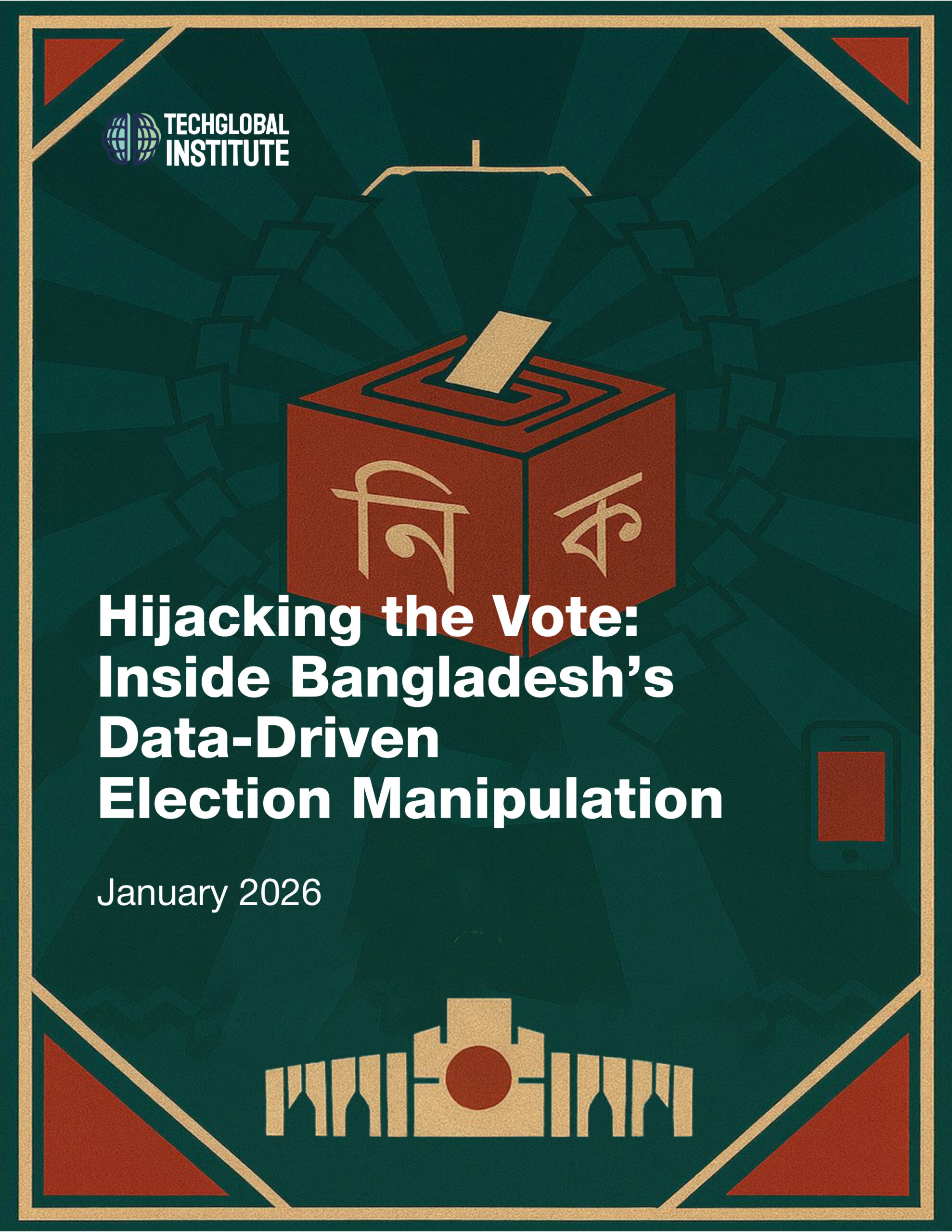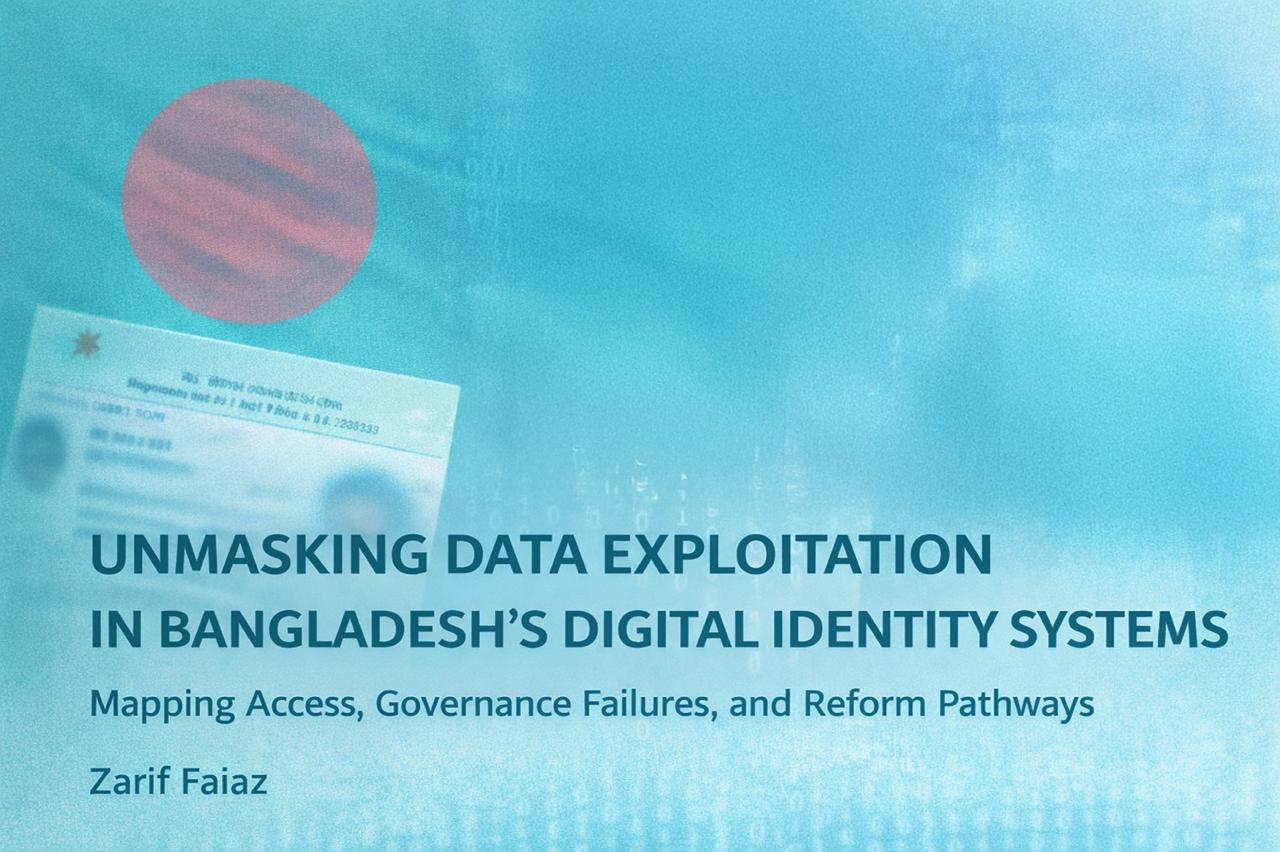Sharing intimate images online without consent, commonly known as “revenge porn” or “non-consensual pornography,” is a serious violation of privacy that can have significant negative consequences, particularly for women and underrepresented sexual and gender minorities. Although most platforms have policies that prohibit sharing of non-consensual intimate imagery (NCII), there are currently no policies to cover non-consensual, non-sexual imagery that could equally pose safety risks. This is a particularly acute problem for women and underrepresented sexual and gender minorities in South Asia, Middle East and parts of North and Sub-Saharan Africa with prevailing legal frameworks and cultural norms on modesty and violation of such norms can result to honor killings and physical abuse. Further, it significantly limits participation of diverse groups in political and civic discourse.
This research investigates policy and enforcement gaps among major U.S. Internet intermediaries on non-consensual, non-sexual imagery, including offline risks posed to vulnerable groups and future recommendations. We aim to publish findings in August 2023.



